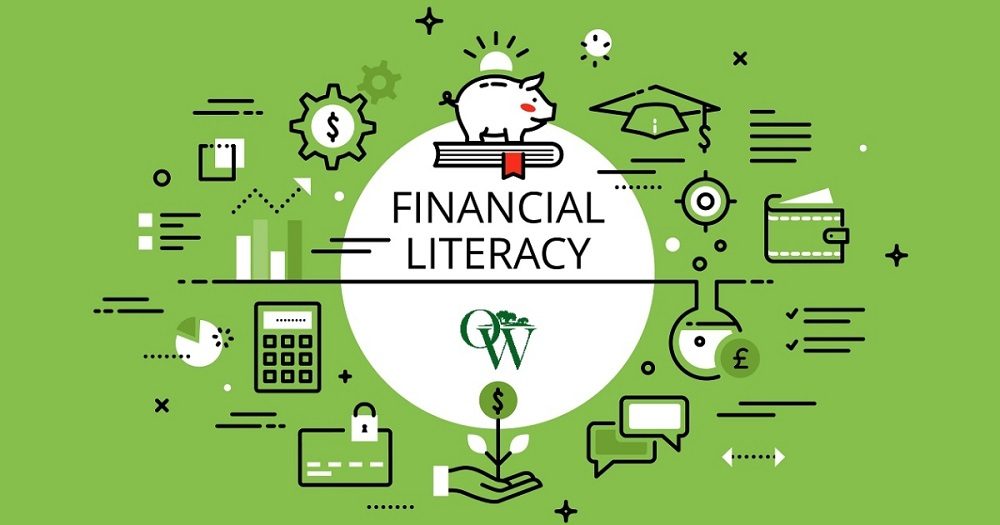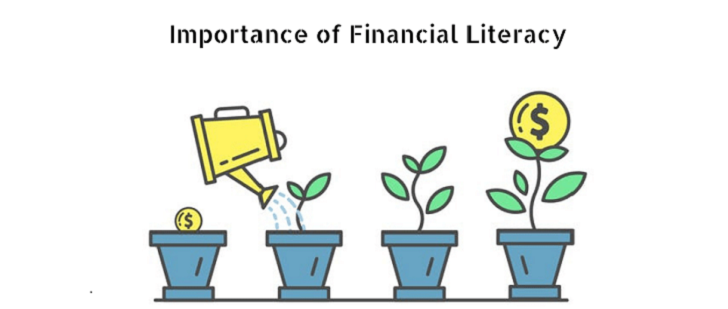
Financial Mistakes That Impact Economic Well-being

Managing personal finances can be challenging, and even the most financially savvy individuals can make unintentional mistakes that have long-term consequences. These mistakes often stem from a lack of awareness or understanding of certain financial principles. Here are some common unintentional financial mistakes everyone makes, and discuss how to avoid or rectify them.
Overspending and Impulse Purchases
One of the most prevalent financial mistakes everyone makes is overspending and succumbing to impulse purchases. In a society driven by consumerism, it’s easy to fall prey to the allure of instant gratification. Impulse buying can lead to accumulating unnecessary debt and hinder long-term financial goals.

Towfiqu-barbhuiya/ Unsplash | Even the smallest financial mistake can have lasting consequences, affecting one’s overall financial well-being
To address this mistake, it is essential to cultivate mindful spending habits. Create a budget, differentiate between needs and wants, and practice delayed gratification. Individuals can align their spending with their financial goals by making intentional and informed purchasing decisions.
Underestimating the Importance of an Emergency Fund
Another common financial mistake made unconsciously is neglecting to save for emergencies. Life is unpredictable, and unexpected expenses can arise at any time. Individuals may resort to high-interest loans or credit card debt without an emergency fund to cover these unforeseen costs.
To rectify this mistake, prioritize building an emergency fund. Aim to save three to six months’ living expenses in a separate account. Set up automatic contributions to this fund, treating it as a non-negotiable expense. Individuals can navigate unexpected situations without compromising their long-term financial stability by having a financial safety net.

Creditfirm/ Stock Image | High-interest debt is a financial mistake with lasting negative effects on your overall finances
Ignoring Debt Management
Unintentionally falling into high-interest debt is a common financial mistake many individuals make. Carrying balances on credit cards or taking out loans without considering the interest rates can result in substantial interest payments over time. This drains financial resources that could be better utilized for savings or investments.
To rectify this mistake, prioritize debt repayment strategies. Start by paying off high-interest debts, such as credit cards or personal loans. Consider consolidating debts or negotiating lower interest rates where possible. Individuals can free up resources for more meaningful financial pursuits by actively managing and reducing debt.
Overlooking the Importance of Financial Literacy
A significant financial mistake made unconsciously is neglecting to prioritize financial education. Without a solid understanding of personal finance concepts, individuals may make poor financial decisions or miss out on opportunities for growth and wealth accumulation. To overcome this mistake, it is essential to invest in financial knowledge.

Csrinitiatives/ Pinterest| Educating yourself financially allows for a more secure and prosperous future
Take advantage of resources such as books, podcasts, online courses, or seminars that provide valuable insights into personal finance. Develop a solid understanding of budgeting, investing, and risk management concepts. By expanding financial literacy, individuals can make informed decisions and secure their financial well-being.
Everyone makes unintentional financial mistakes, but they can be avoided or rectified with awareness and proactive measures. By being mindful of spending habits, prioritizing emergency funds, managing debt effectively, and investing in financial education, individuals can lay a strong foundation for a healthy financial future. Remember, small changes in behavior can have a significant impact on long-term financial well-being.
More in Finance
-
`
5 Savings Accounts That Will Earn You the Most Money in 2024
In 2024, choosing the right savings account is more critical than ever. With the array of options available, knowing which savings...
June 5, 2024 -
`
The Complete Relationship Timeline of Taylor Swift & Travis Kelce
When you think of unlikely couples, Taylor Swift and Travis Kelce might not be the first pair that comes to mind....
May 29, 2024 -
`
What is Business Administration and What Opportunities Does it Offer?
In today’s bustling world of commerce and industry, the term “business administration” often looms large, yet its true essence remains shrouded...
May 22, 2024 -
`
What is AI? Exploring the World of Artificial Intelligence
In today’s rapidly evolving technological landscape, the term “Artificial Intelligence” (AI) has become a buzzword that sparks curiosity, speculation, and even...
May 16, 2024 -
`
How Many Jobs Are Available in Real Estate Investment Trusts? Exploring Career Opportunities
Are you seeking a career path with a blend of financial savvy and a knack for the real estate market? Look...
May 9, 2024 -
`
The Staggering Net Worth of the Richest Podcaster Joe Rogan in 2024
Joe Rogan has become a household name, largely due to his immensely popular podcast, “The Joe Rogan Experience.” With a blend...
April 29, 2024 -
`
What Are Routing Numbers & Do Credit Cards Have One?
When managing your finances, understanding the various numbers and terms associated with your bank accounts and credit cards is crucial. A...
April 24, 2024 -
`
Tesla Stock: Let’s Address the Elephant in the Room
Why is Tesla stock dropping? This is the million-dollar question that has been on the minds of investors and enthusiasts alike...
April 16, 2024 -
`
Bearer Bonds: Definition, How They Work & Are They Valuable?
Bearer bonds are unique securities that have a colorful history and a distinctive way of functioning that sets them apart from...
April 10, 2024















You must be logged in to post a comment Login